Fifty-two years ago, TIME magazine featured Governor Wendell Anderson on its cover, dressed in the state’s unofficial uniform of a flannel shirt and large smile. He was on one of our 10,000 lakes, hoisting his catch of the day up in the air. This was 1973, and the headline read, “The Good Life In Minnesota.” The story went on to describe Minnesota as the “state that works.” Its people are mild-mannered do-gooders who are content with the reputation as being humble, hard-working, and unglamorous: “‘California is the flashy blonde you like to take out once or twice. Minnesota is the girl you want to marry.’”
Five decades later, the state that worked no longer does.
Just days after the state’s 2025 legislative session ended, targeted political violence ended the lives of one state lawmaker and her husband and seriously injured two more people — a state senator and his wife. According to local news reports, “State Rep. and Speaker Emerita Melissa Hortman of Brooklyn Park and her husband, Mark, were killed early Saturday morning in what officials are calling ‘targeted’ attacks by a suspect posing as a law enforcement officer. State Senator John Hoffman of Champlin and his wife, Yvette, were shot multiple times at their home but are recovering.”
The suspect, who is still at large at the time of writing, has been identified by the Associated Press as 57-year-old Vance Boelter. It is unclear what the exact reasons are for the targeted attacks, but they are alleged to be politically motivated.
It is not breaking news that modern politics has permeated much of the culture and forced deep ideological divides and tribes. Everything – from what car a person drives to the stores they grocery shop at and the music they listen to – is politicized. Politics, more than religious affiliation or cultural heritage, is most likely to form one’s identity. And the divide has tested the very fabric of American society, family relations, and friendships. The Spectator’s editor-at-large Ben Domenech recently highlighted the trend:
According to Cygnal’s latest national survey of 1,500 likely voters (conducted May 6-8, with a 3 percent MOE), more than half of voters (53 percent) say “it’s at least somewhat common that their friends and neighbors have ended a friendship because of Donald Trump and the 2024 election” while “39 percent say not that common or not at all common.”
Despite the “Minnesota nice” image, a visible, vocal, dangerous ideological fringe has found, if not a home, a sympathetic ear with the political mainstream. Most Minnesotans had front-row seats to the destruction after George Floyd’s death in 2020. Minneapolis and the Twin Cities still have not fully recovered from the psychological shock, nor the persistent unease that has prevented the state from moving forward with civility. When respect, and law and order are cast aside by our leaders to score political points or to stoke emotional fires, generally, the people follow suit.
Moreover, the hyperbolic messaging and one-upmanship rhetoric – “othering” people of different political persuasions and labeling them as unredeemable villains in the fight for democracy – is a form of modern-day self-destruction. I have experienced that destruction first-hand: last year, my office in Golden Valley, Minnesota was firebombed. It was a politically motivated attack on our organization and two others in the same building who work for conservative causes. It’s the place where I brought my (now two-year-old) baby girl to work with me every day. Thankfully, no one was hurt. Yet it was barely a blip on the news.
Debate, especially political debate, is crucial to sort out the myriad of nuances shaping our nation’s policies and culture. But when unstable, unbearably radicalized people glom onto the unceasing firehose of the most intense and excessive political soliloquies – and when members of the media class take it all as fact – we have a problem.
Because words aren’t violence, but they do have power. Politicians flippantly use hyperbole and deranged rhetoric to appeal to their base’s worst instincts, insisting that every step that strays towards compromise or compassion is the end of democracy. Those same politicians are often silent in the face of violence, which has a normalizing effect. We’ve entered into an era of shoulder shrugging at outrageous, anti-social behavior: the kind we saw in LA last weekend, with cars set on fire in the name of social justice. None of this is an inevitability; it’s a choice.
After years of being on edge – due to rounds of rioting and violent protests at ground zero for the “Summer of Love” – Minnesota is no longer what Governor Anderson described as “remarkably civil.” Nor is any part of the country. The assassination of UnitedHealthcare CEO Brian Thompson, the attacks on the U.S. Supreme Court, the murder of two young Israeli embassy staff members, the arson at Pennsylvania Governor Josh Shapiro’s residence, and assassination attempts on President Trump suggest every corner of the country has lost its way.
A state that was seen as a representative of the nation’s best qualities now reflects its worst. It remains to be seen if what is broken can ever be fixed.



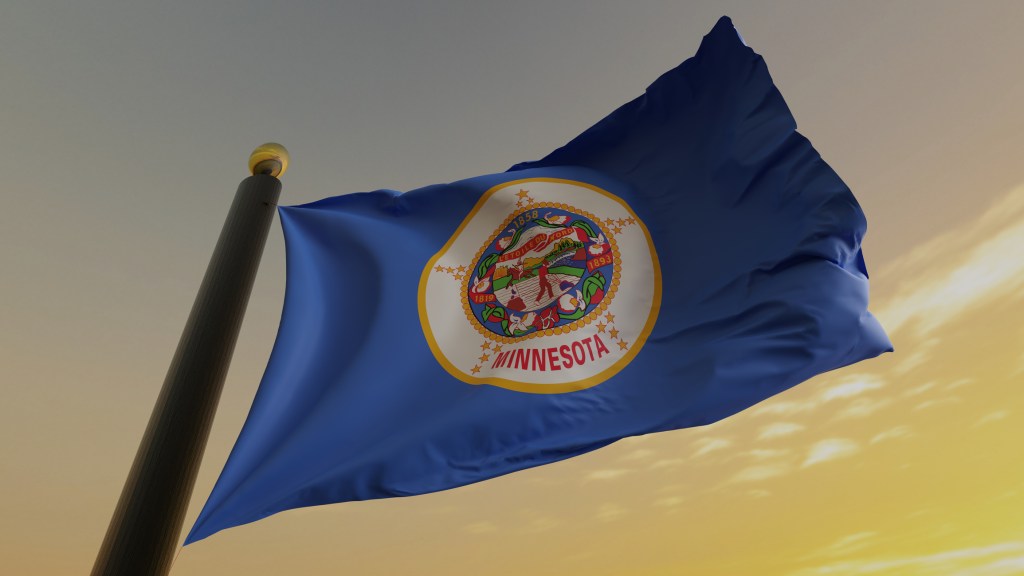







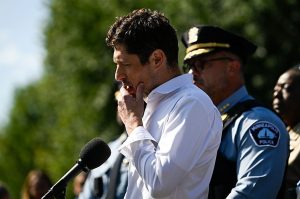
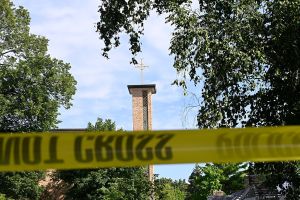
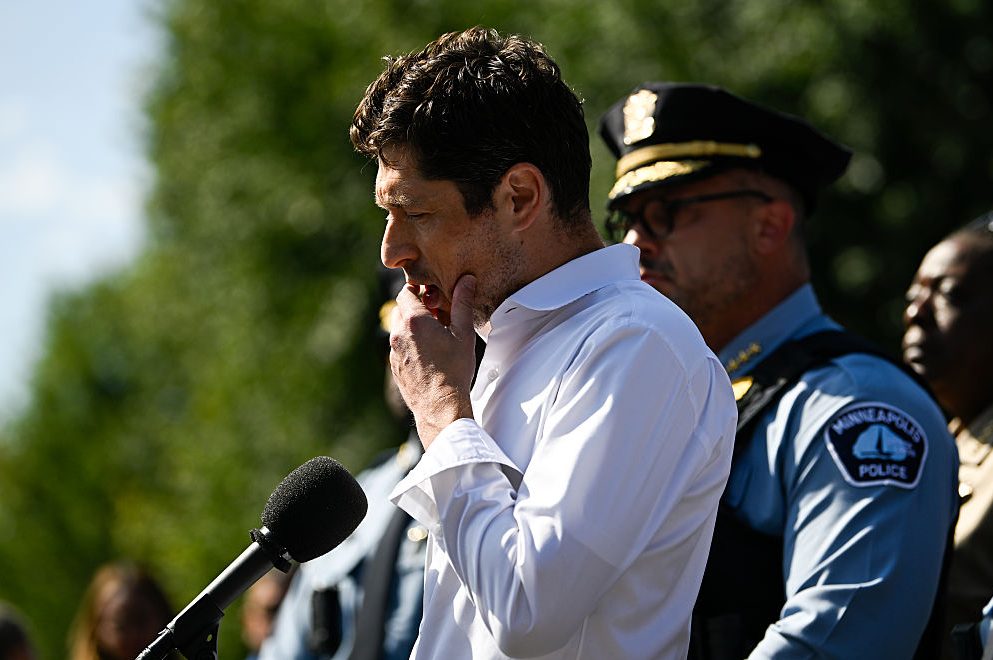
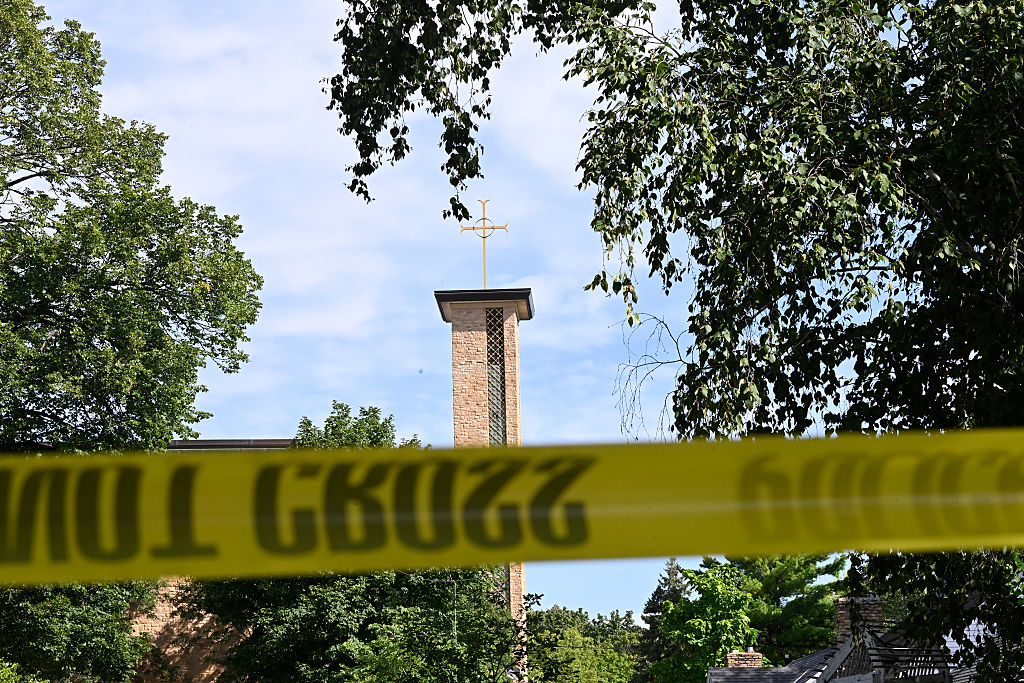











Leave a Reply